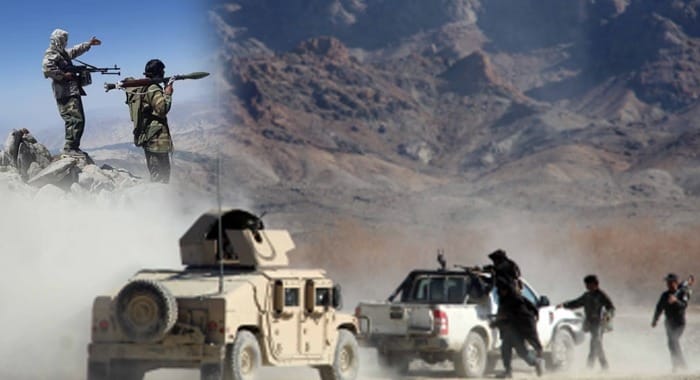The Afghanistan Freedom Front (AFF) has claimed responsibility for 88 attacks on Taliban forces over the past year, reporting the deaths of 225 Taliban fighters and injuries to 147 others in operations spanning more than a dozen provinces.
In a statement issued to mark the fourth anniversary of the Taliban’s return to power, the AFF said its operations targeted Taliban checkpoints, bases, and gatherings across Kabul, Parwan, Balkh, Badghis, Herat, Kunduz, Takhar, Baghlan, Kapisa, Faryab, Panjshir, Sar-e Pul, and Laghman.
Notably, the group announced a new focus on targeting Taliban “morality police” from the Ministry for the Propagation of Virtue and Prevention of Vice, accusing them of ongoing harassment of Afghan citizens, particularly women. The group claimed to have killed or wounded 14 such officials in three provinces over the past year.
“The people of Afghanistan are weary of Taliban tyranny and oppression, and resistance against this group will continue,” the statement declared.
While the AFF’s claims have not been independently verified, the United Nations and local sources have previously confirmed several incidents attributed to the group. The Taliban, which routinely avoids commenting on armed resistance, has not issued any response to the latest claims.
The Afghanistan Freedom Front, believed to include former security forces and political dissidents, began its armed campaign against the Taliban in early 2022, just months after the group seized power following the U.S. withdrawal.
Resistance Gaining Moral Ground
The AFF’s statement coincides with a wave of renewed political and civic resistance inside and outside Afghanistan.
On August 12, marking the fall of Herat to the Taliban in 2021, veteran leader Ismail Khan issued a sharp rebuke of the group’s rule. He described the Taliban’s conduct over the past four years as a clear justification for continued resistance.
In his statement, Khan said Herat’s fall was the result of “complex conspiracies and political deal-making”, leading to a rapid domino effect across other provinces. He highlighted the role of the Southwest People’s Resistance Movement, which was formed shortly before Herat’s takeover and had actively defended the city.
Meanwhile, Afghan civil society is also ramping up efforts to hold the Taliban accountable on the global stage. Earlier this month, four major Afghan organisations announced the launch of the People’s Tribunal for Afghan Women, an independent, Afghan-led forum to investigate and expose the Taliban’s crimes against women and girls since their return to power.
The tribunal, backed by the Permanent Peoples’ Tribunal, will convene hearings in Madrid from October 8–10, featuring international prosecutors, judges, and human rights experts. The initiative aims to highlight what organisers have called a “systematic campaign of gender apartheid” that has erased women from public life, banned girls from education, and subjected women to brutal, state-enforced repression.





